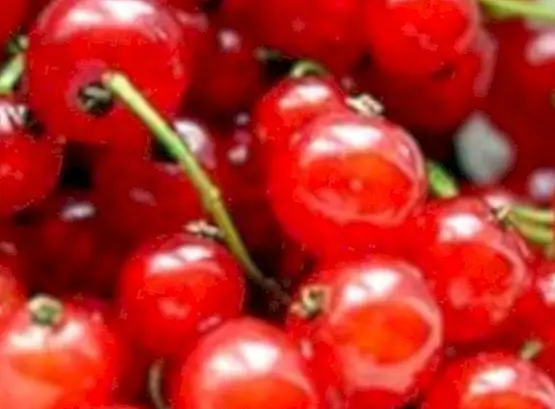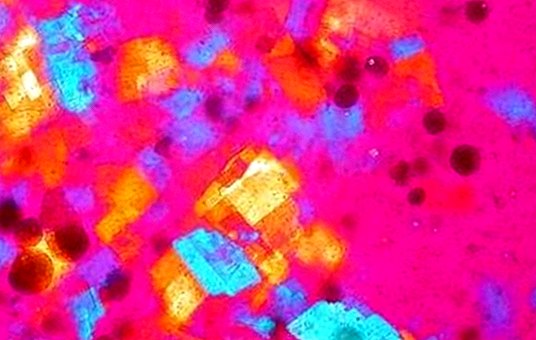The amazing benefits of vinegar and its culinary properties
The use of vinegar It is quite remote to the point that it takes us to make a long journey through history placing us in the times of Mesopotamia from the year 5000 BC where it began to be used. Later history places data about vinegar among the Sumerians, Babylonians, and also in Egypt and Rome.
During the Middle Ages, vinegar was made in the French city of Orleans, where only the vinagreros made it. Vinegar began to be marketed industrially from the mid-nineteenth century.

Currently vinegar is obtained or made from juice or fermented juice from fruits, cereals, honey, wine, cider or beer.
Vinegar is also known as sour wine, and is the result of two fermentations. The sugar that is converted into alcohol and alcohol is then converted to acetic acid, this transformation is due to a bacterium called acetobacter, which is in the environment.
Vinegar was used both for therapeutic and culinary purposes and nowadays too.
The most important properties of vinegar
The properties that the vinegar contains are antioxidants and antibacterials.
In addition to being used in the kitchen to prepare or accompany different recipes, it is also used for other purposes such as household cleaning for its disinfectant properties, degreasers, to remove lime residues, for personal hygiene, for relief of minor discomfort, in beauty to soothe, clean the skin as well as to shine the hair.
The vinegars that we usually get industrially in the market are usually vinegars obtained from red or white wine or cider.
The uses of vinegar in the kitchen
Culinary vinegar is used as a seasoning, to flavor, and provide flavor and aroma as well as to preserve food as it prevents the proliferation of microorganisms preventing food from becoming contaminated or spoiled.
Below we describe some types of vinegars that are marketed from wine and cider.
The wine or grape vinegar It is obtained from the fermentation of grapes and wine and is the most used in European Gastronomy. It is used to accompany red meat dishes, prepare vinaigrettes, season different dishes, dress salads ...
In the particular case of vinegar wine White It is used to make different sauces, pickles, salads of vegetables or fruits.

The one known as White vinegar It is a type of vinegar that is obtained from the alcohol produced by both corn and beets. This vinegar is colorless and is used as a preservative in the preparation of preserves for both homemade and industrial.
White vinegar is also used at home as a disinfectant, degreaser, to remove stains, to eliminate odors.
The Apple cider vinegar It is probably one of the best known and used vinegars. Delicate and smooth flavor that is extracted from the pulp of the apple or can also be obtained from its juice. It can also be obtained from cider or fermented apple must.
The Apple vinager It is widely used in cooking, to dress salads, in recipes for meat, fish and sauces.
Another of the most popular vinegars is the Modena balsamic vinegar. It is of Italian origin, with a very intense aroma, which has a Protected Origin designation (PDO), which guarantees its origin, it is an expensive vinegar.
There is a standard Modena balsamic vinegar that is also protected with the protected geographical indication (IPG), this vinegar differs from the first one in that it is not so refined and less concentrated and sometimes caramel is added to achieve both the sweet taste like the very dark color. It is obtained with wine must and not with wine.

On the other hand, in our country there is a tremendously popular and well known vinegar: Sherry vinager. It is a vinegar also protected with designation of origin (PDO), this vinegar comes from Cádiz where the vines are grown.
As we have said before, vinegar can also be obtained from cereals, such as rice vinegar, it is a mild vinegar with a sweet taste, it is very popular in Asian cuisine.
This vinegar is made with rice and other cereals such as millet and wheat are added.
The vinegar can also be flavored by adding any aromatic herbs such as basil, rosemary, thyme, also with fruits.
Flavored vinegars are a good resource for dressing or seasoning salads, or our favorite dishes. This article is published for informational purposes only. You can not and should not replace the consultation with a Nutritionist. We advise you to consult your trusted Nutritionist.


